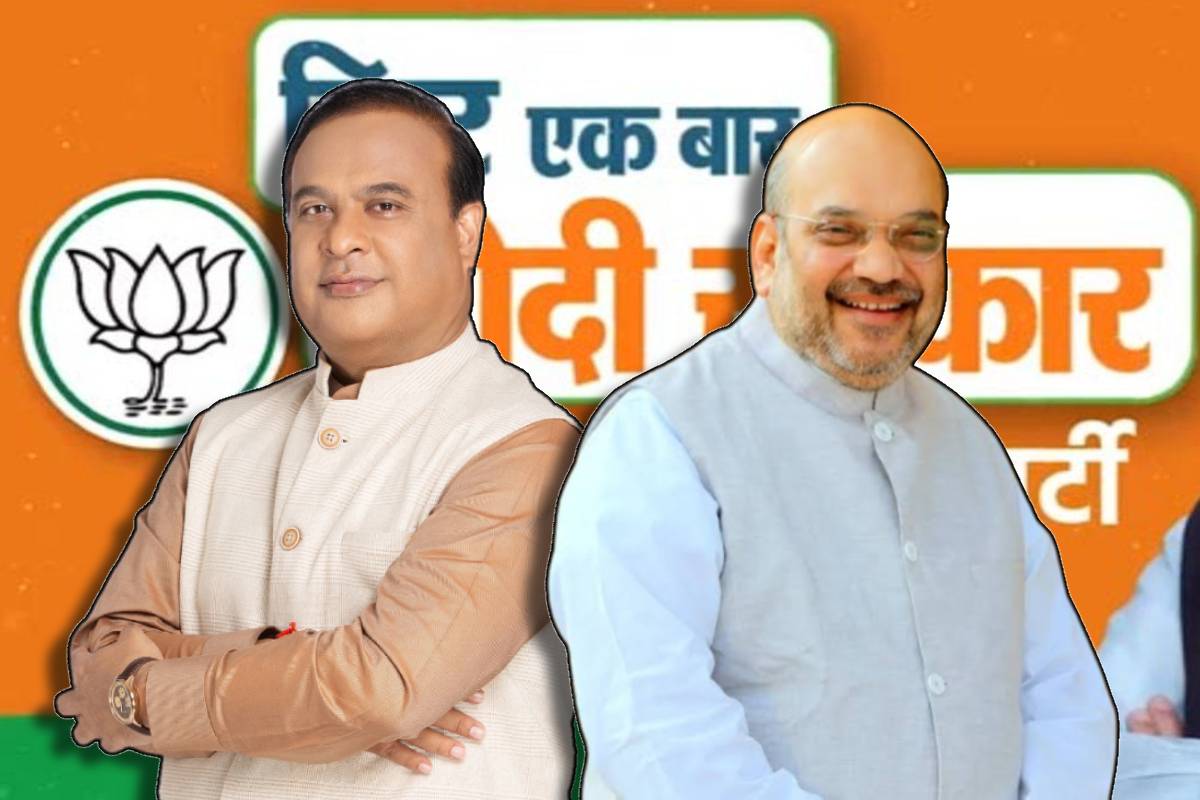NEW DELHI: Assam Chief Minister Himanta Biswa Sarma met with Home Minister Amit Shah in New Delhi on February 18, amid the BJP National Convention. The discussions primarily revolved around the upcoming Lok Sabha elections, with expectations that Shah will play a significant role in campaigning in Assam.
This meeting coincides with a crisis in the Congress, both nationally and in Assam. Following Rahul Gandhi’s recent Bharat Jodo Nyay Yatra in the state, several key figures within the party have expressed support for the BJP-led state government’s development agenda. This includes the resignation of Karimganj North MLA Kamalakhya Dey Purkayastha from his party post. With more Congress MLAs indicating support for the BJP government, tensions within the party are escalating.
ALSO READ: Himanta leads BJP to landslide victory in NCHAC elections
Speculations abound regarding further defections, with rumours suggesting that minority MLAs may also be approached by the All India United Democratic Front (AIUDF). Commenting on the situation, AIUDF MLA and Spokesperson Aminul Islam highlighted the erosion occurring within the Congress and suggested that Sarma’s meeting with Shah aimed to project the opposition’s weakness.
Meanwhile, Sarma, alongside other BJP chief ministers from the Northeast, participated in the BJP Chief Minister’s Conclave, where strategies for the upcoming elections were discussed. Expressing gratitude for Prime Minister Narendra Modi’s guidance at the conclave, Sarma reiterated their commitment to achieving the complete implementation of welfare schemes within a specified timeframe.
In a separate session of the National Conclave, Prime Minister Modi urged BJP workers to redouble their efforts in connecting with voters and gaining their trust. Emphasising the importance of this engagement over the next 100 days, Modi reaffirmed his commitment to serving the nation, highlighting that personal interests were secondary to the welfare of the people.









